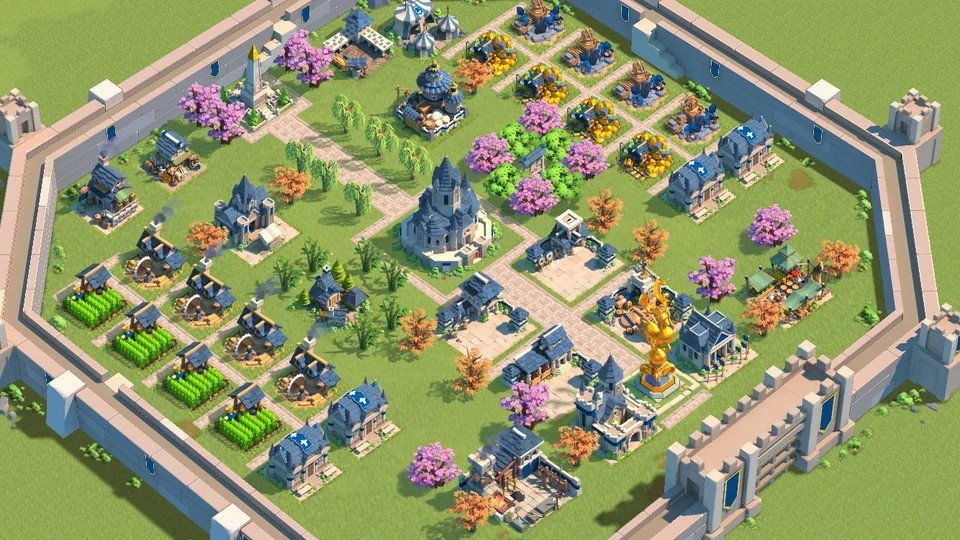

During the Second Sino-Japanese War, the city was the site of the major Battle of Shanghai. The city then flourished, becoming a primary commercial and financial hub of Asia in the 1930s. The Shanghai International Settlement and the French Concession were subsequently established. The city was one of five treaty ports forced to open to European trade after the First Opium War. Originally a fishing village and market town, Shanghai grew in importance in the 19th century due to both domestic and foreign trade and its favorable port location. Shanghai is one of the world's major centers for finance, business and economics, research, science and technology, manufacturing, transportation, tourism, and culture, and the Port of Shanghai is the world's busiest container port. As of 2018, the Greater Shanghai metropolitan area was estimated to produce a gross metropolitan product ( nominal) of nearly 9.1 trillion RMB ($1.33 trillion). The population of the city proper is the third most populous in the world, with 24.89 million inhabitants in 2021, while the urban area is the most populous in China, with 39,300,000 residents. The city is located on the southern estuary of the Yangtze River, with the Huangpu River flowing through it. Shanghai ( / ʃ æ ŋ ˈ h aɪ/ Chinese: 上海 pinyin: Shànghǎi, Shanghainese: Zaon 6he 5 ( listen), Standard Mandarin pronunciation: ( listen)) is one of the four direct-administered municipalities of the People's Republic of China (PRC).


 0 kommentar(er)
0 kommentar(er)
